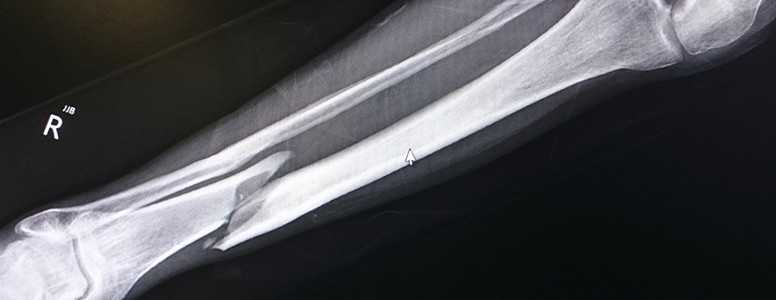The type 2 diabetes drug empagliflozin is not linked to a risk of bone fracture, according to new research.
Empagliflozi, marketed as Jardiance, was compared with placebo and the sulphonyulurea glimepiride (Amaryl) and no notable differences in bone health were observed between the drugs or placebo.
Empagliflozin is an SGLT2 inhibitor that has been approved for use as a type 2 diabetes treatment since 2013. However, there have been concerns that the class of drugs may impact bone health.
The German researchers behind the study explained: “It has been suggested that SGLT2 inhibitors may be associated with an increased risk of bone fractures due to the modulation of renal calcium and phosphate reabsorption as a result of changes in renal sodium and glucose reabsorption.”
The recent study involved more than 12,000 participants, comparing the health outcomes from people with type 2 diabetes taking different amounts of empagliflozin and a placebo. One group was asked to take 10mg of the drug, the second was given 25mg and the third set of volunteers was given a placebo.
Bone fracture adverse events were discovered in 2.8% of the 10mg group, 2.5% of the 25mg group, and 2.9% in the placebo group.
Data was also included from the EMPA-REG H2H-SU trial, which saw participants receive 25mg of empagliflozin or glimepiride, in addition to metformin. The findings showed 4.1% of the empagliflozin group experienced bone fractures, compared with 4.2% in the glimepiride group.
The authors concluded: “Empagliflozin did not increase the risk of bone fracture compared with placebo in a pooled analysis of greater than 12,000 patients or compared with glimepiride in a four-year head-to-head study.
“There were no changes in calcium or phosphate levels with empagliflozi, placebo, or glimepiride in our analyses, and no notable differences in changes in other bone markers with empagliflozin treatment compared with placebo or glimepiride treatment.”
The study authors work for German-based pharmaceutical company Boehringer Ingelheim, which manufactures Jardiance.
The findings have been published in the journal Diabetes Care.
What's new on the forum? ⭐️
Get our free newsletters
Stay up to date with the latest news, research and breakthroughs.





